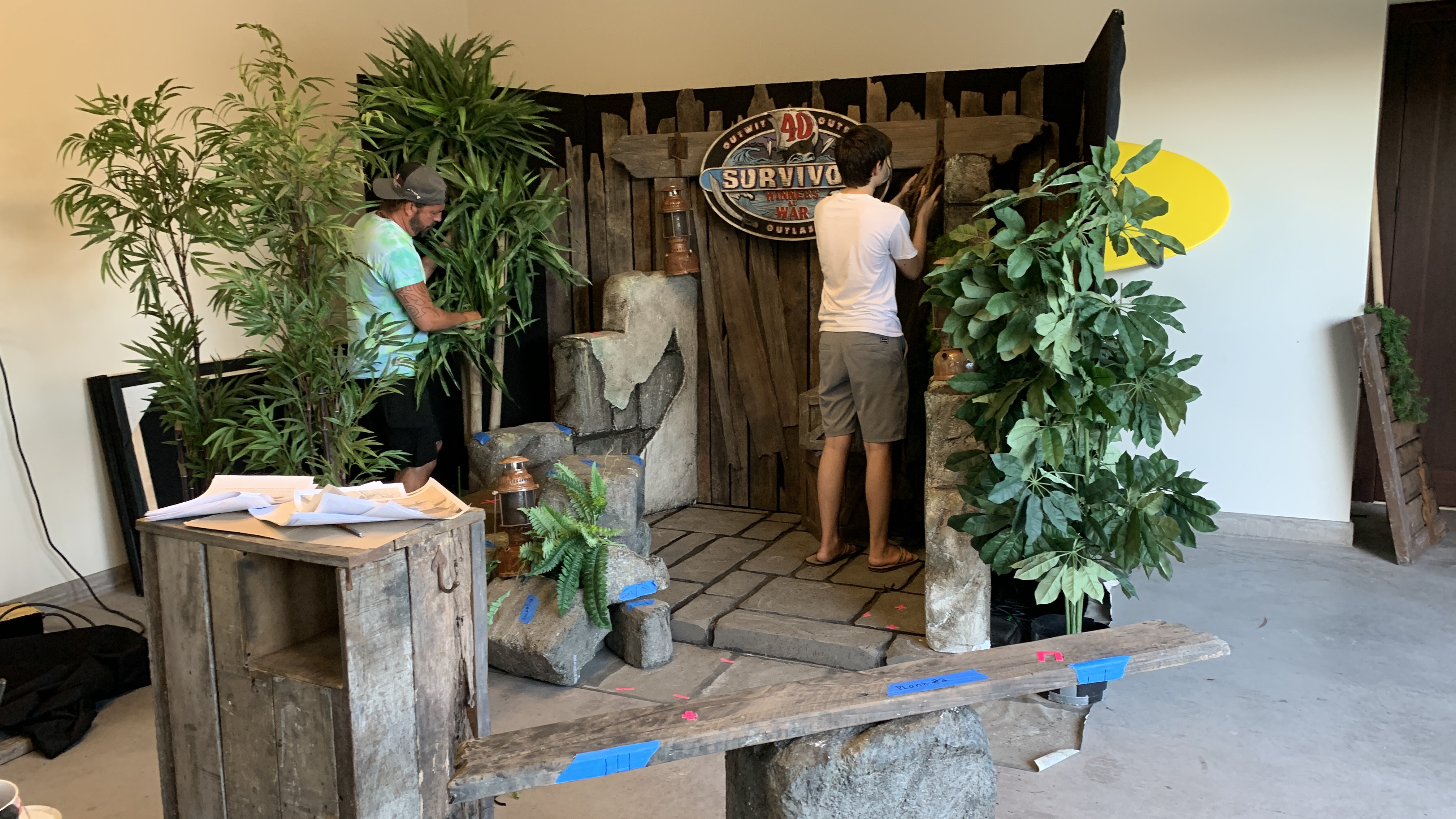Finding the ‘Middle Path’
How will the broadcast industry balance COVID restrictions and keeping business going?

There was a time not too long ago when broadcasters, movie studios and other media and entertainment organizations were reluctant to store valuable content assets in the public cloud and leverage the workflow benefits to be found there.
But that has all changed. The COVID-19 pandemic has seen to that. Driven by a desire to comply with social-distancing mandates, keep employees safe and continue creating and distributing content, these organizations are embracing the cloud.
To paraphrase Grass Valley CEO and President Tim Shoulders during a recent virtual press conference, the pandemic has slayed many media organizations’ sacred cows when it comes to concern over security and the cloud.
Even a cursory review of what’s happened since the outbreak underscores the truth of Shoulders’ observation.
Whether it’s station groups implementing news workflows in which many newsroom, control room and on-air personnel work remotely; dubbing studios that have virtualized workflows so voice talent doesn’t have to come in; the finale of CBS “Survivor” produced remotely and posted virtually; or even sports leagues and broadcast rights holders that have scrambled to create virtual fan-in-the-stands excitement; the cloud is reshaping how the media and entertainment industry works.
In mid-October, Doctor David Nabarro, special envoy on COVID-19, for the World Health Organization, advocated for a “middle path.” Specifically, he said:
“We’re saying that we really do have to learn how to co-exist with this virus in a way that doesn’t require constant closing down of economies but at the same time in a way that is not associated with high levels of suffering and death. It’s what we are calling the ‘middle path.’”
For broadcasters and other M&E organizations, it would seem the way to that middle path is the cloud and virtualization. It’s hard to see how workflows will ever revert to the old ways and equally difficult to find a reason why companies on a seemingly perpetual quest to realize greater efficiencies would want to go back.
Get the TV Tech Newsletter
The professional video industry's #1 source for news, trends and product and tech information. Sign up below.
Phil Kurz is a contributing editor to TV Tech. He has written about TV and video technology for more than 30 years and served as editor of three leading industry magazines. He earned a Bachelor of Journalism and a Master’s Degree in Journalism from the University of Missouri-Columbia School of Journalism.

